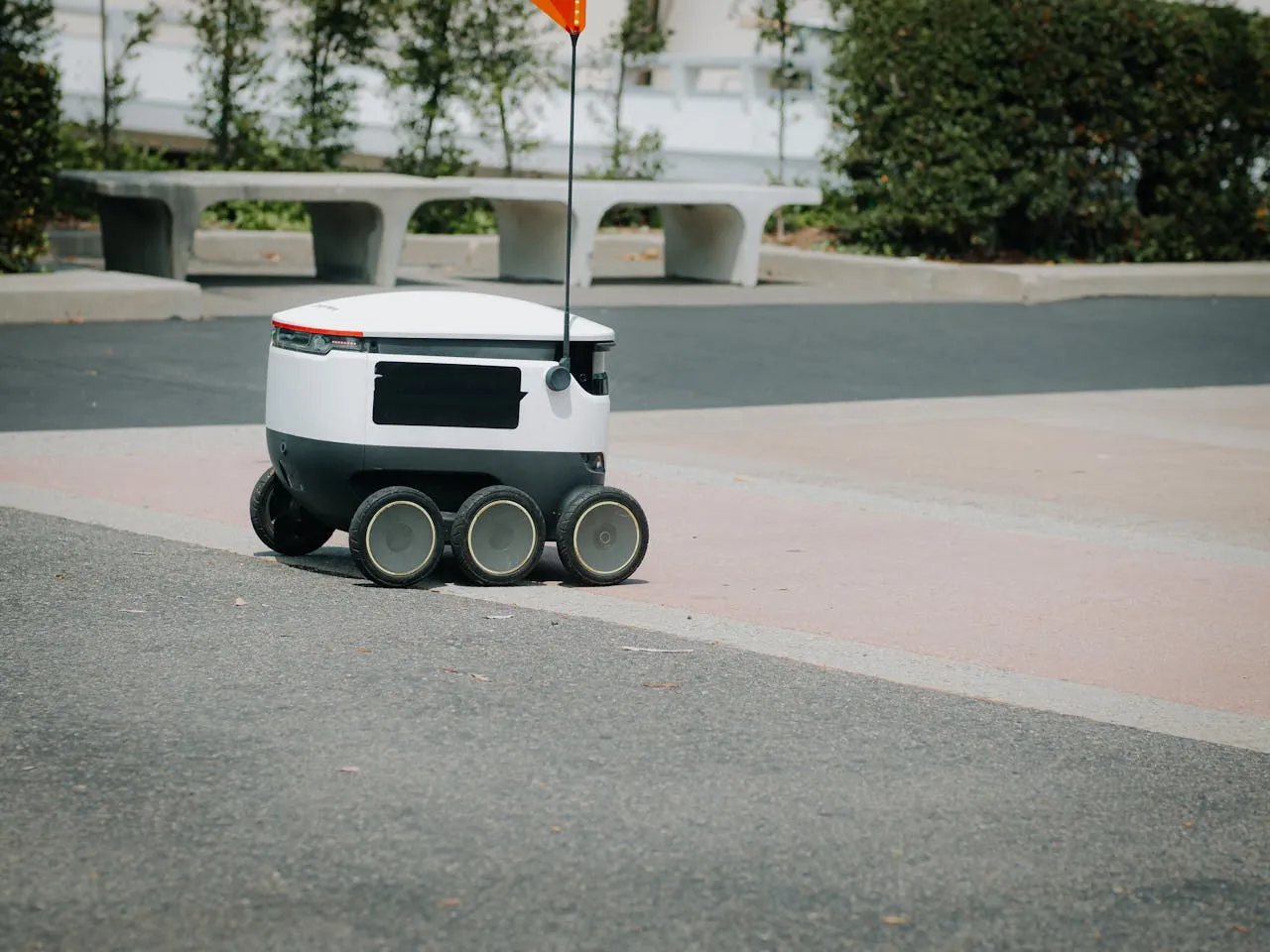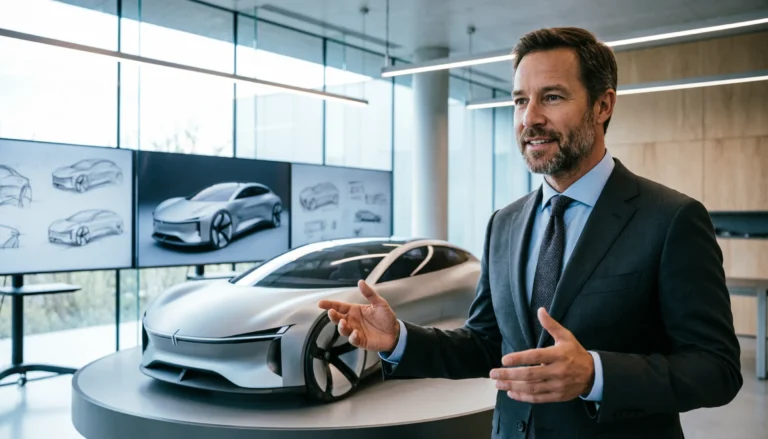
Volkswagen Group Commits €1 Billion to AI Expansion, Aiming to Reshape Mobility and Efficiency by 2030
The Volkswagen Group has announced bold plans to accelerate its digital transformation by making artificial intelligence (AI) a central pillar of its strategy. During the IAA Mobility trade fair, the company revealed its intention to invest up to one billion euros in AI by 2030. This commitment is part of Volkswagen’s existing investment framework and is designed to enhance AI-supported vehicle development, strengthen industrial applications, and expand the company’s high-performance IT infrastructure.
By embedding AI into its value chain, Volkswagen hopes to bring new vehicles and innovations to customers faster while achieving significant efficiency gains. The company believes this investment will also reinforce its resilience in the increasingly competitive global technology landscape.
Hauke Stars, Member of the Board of Management for IT at the Volkswagen Group, described the initiative as the ignition of a new stage in the company’s journey:
“With artificial intelligence, we are igniting the next stage on our path to becoming the global automotive tech driver. AI is our key to greater speed, quality, and competitiveness – across the entire value chain, from vehicle development to production. Our ambition is to accelerate our development of attractive, innovative vehicles and bring them to our customers faster than ever before. To achieve this, we deploy AI with purpose: scalable, responsible, and with clear industrial benefits. Our ambition: No process without AI.”
AI Already Embedded in Volkswagen’s Ecosystem
The decision to boost AI investment builds on an already substantial base. More than 1,200 AI applications are currently active across the Group, ranging from product design to manufacturing and cybersecurity. Several hundred more are under development or approaching implementation.
Volkswagen projects that by 2035, these AI-driven solutions could yield efficiency gains and cost avoidance opportunities totaling as much as four billion euros. This expectation underscores AI’s role not just as a tool for innovation, but also as a key driver of sustainable business performance.
Transforming Vehicle Development and Production
One of the most significant areas of AI integration is vehicle development. Volkswagen has partnered with Dassault Systèmes to build a comprehensive AI-powered engineering environment, accessible to all Group brands worldwide. This environment is designed to allow virtual testing and simulation of components, which reduces reliance on physical prototypes and accelerates the development cycle. The company aims to shorten the product development process to 36 months or less, which would represent a 25 percent improvement compared to current timelines.
On the production side, Volkswagen continues to deploy AI through its proprietary Digital Production Platform (DPP), a factory cloud connecting more than 40 sites. The DPP integrates AI applications into assembly lines to optimize process flows, minimize resource consumption, and improve energy efficiency. These efforts not only reduce costs but also support the Group’s long-term goal of lowering CO₂ emissions across its operations.
Building Knowledge and Skills: The WE & AI Initiative
Recognizing that technology alone is not enough, Volkswagen has also launched one of the largest AI education programs in Europe. The “WE & AI” initiative, introduced in 2024, seeks to equip employees at all levels with the skills to use AI responsibly and effectively. So far, more than 130,000 employees worldwide have participated in training programs. The initiative ensures that AI adoption is not just a top-down directive but a cultural transformation embedded throughout the company.
Partnering for Industrial AI Models
Volkswagen is looking beyond its internal operations by collaborating with European partners on the development of Large Industry Models (LIMs). These models, built on shared industrial data, could optimize workflows and logistics across multiple companies and sectors. The concept is similar to Catena-X, an open platform for secure data exchange in the automotive industry supported by Volkswagen, BMW, BASF, Mercedes-Benz, SAP, Siemens, ZF, and T-Systems.
Such collaborations highlight Volkswagen’s vision of AI not only as a competitive advantage but also as a foundation for broader industrial progress. By pooling knowledge and resources, European manufacturers could collectively accelerate digital transformation and reinforce the region’s technological sovereignty.
Advocating for Innovation-Friendly Policies
Volkswagen’s leadership also emphasized the importance of supportive policy frameworks in Europe. The company sees a need for stronger political backing to help Europe remain competitive in the global AI race. Rising energy costs, administrative complexities, and high production expenses are among the challenges the automotive sector faces.
“Targeted incentives are needed,” Stars explained. “This includes funding programs that strengthen spin-offs from universities and research institutions and accelerate the transfer of scientific knowledge into market-ready applications.”
Strengthening Digital Sovereignty
To safeguard its data and reduce dependency on external providers, Volkswagen is expanding its private cloud infrastructure. This move is designed to ensure that sensitive information is stored, processed, and protected within Europe. Strengthening internal data capabilities is not only a matter of operational efficiency but also of resilience against geopolitical risks and external disruptions.




